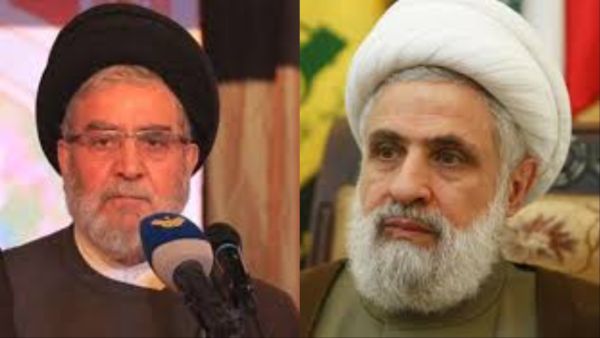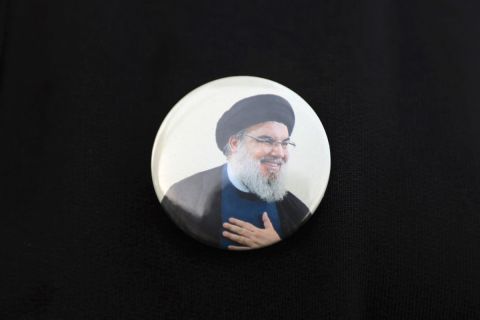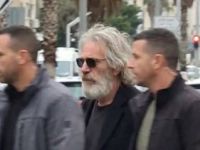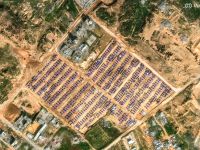ALBAWABA - Hassan Nasrallah, the secretary-general of Hezbollah, was formally declared dead by the Israeli military after an attack that destroyed the organization's headquarters in the southern suburbs of Beirut.
After many hours of quiet, Hezbollah acknowledged Nasrallah's death, stating that he had been the group's leader for thirty-two years. This event has led to a great deal of conjecture about who will succeed him as leader.
Hashem Safi al-Din
The chairman of Hezbollah's Executive Council, Hashem Safi al-Din, is reportedly the front-runner to succeed him. He is the late Qassem Soleimani, the commander of the Quds Force,'s son-in-law in addition to being Nasrallah's cousin. When it comes to look and speech pattern, Safi al-Din is quite similar to Nasrallah.
Similar to Nasrallah, he was educated in Najaf and Qom after being born in 1964 in Deir Qanun al-Nahr, southern Lebanon. In 1982, he became a founding member of Hezbollah. He was back in Lebanon in 1994 as the head of the Executive Council, taking over for Nasrallah barely two years after the latter was appointed Secretary-General after Abbas Mousawi was killed by an Israeli helicopter attack. Since 1994, he has being prepared for a leadership role in the party.
Safi al-Din, sometimes known as the "Shadow Man," has managed delicate affairs for three decades so that Nasrallah may concentrate on strategic leadership. He had previously served as the military leader of the organization, Imad Mughniyeh, who was murdered in a vehicle bombing in Damascus in 2008.
Safi al-Din has grown more important inside Nasrallah as his security has become more uncertain. He has ties to the Soleimani family as well; his son is said to have wed the daughter of Qassem Soleimani, while Zainab Mughniyeh, Imad Mughniyeh's daughter, is said to have wed Reza Safi al-Din.
Qassem Naim
As the deputy secretary-general of Hezbollah since 1992, Naim Qassem is another prominent contender for the top job. Qassem, who was born in 1953 in Beirut's Basateen neighborhood, has played a significant role in the organization's operations.
Israeli army spokesman Avichay Adraee said today that Nasrallah was killed as a consequence of the bombings in the southern suburbs. He also verified that numerous more officials, including Ali Karaki, the commander of Hezbollah's southern front, were also slain in the same operation.
The command center in Haret Hreik, which is renowned for its heightened security, was struck by over ten massive bombs by Israeli troops, causing unparalleled destruction in the region.










